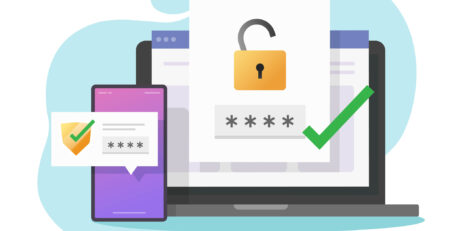Blockchain Technology: Beyond Cryptocurrency
Blockchain technology, most known for its role in cryptocurrency, has potential applications far beyond digital currency. Its decentralized, transparent, and immutable nature makes it an ideal solution for many challenges in IT operations. Here are some potential use cases of blockchain technology.
1. Data Integrity and Security
Blockchain’s immutable nature ensures that once data is added, it cannot be altered or deleted. This makes blockchain an excellent tool for maintaining data integrity. For example, blockchain can be used to create a tamper-proof log of system events, which can be crucial for incident response and forensic investigations. This can help organizations maintain a clear and indisputable record of all system events, making it easier to identify and investigate potential security incidents.
2. Decentralized Storage
Blockchain technology can be used to create decentralized storage systems, where data is not stored on a central server, but across a network of nodes. This can increase data availability and resilience, as there is no single point of failure. If one node goes down, the data is still available from other nodes. This can be particularly useful for businesses that handle large amounts of data, as it can reduce the risk of data loss and downtime.
3. Identity and Access Management
Blockchain technology can provide a secure and decentralized approach to identity and access management. Instead of relying on a central authority, identities can be verified based on a consensus mechanism, and access rights can be recorded on the blockchain, providing a transparent and tamper-proof record. This can help prevent unauthorized access and ensure that only authorized individuals have access to certain resources.
4. Supply Chain Management
Managing your supply chain can be a complex task. The blockchain can provide transparency and traceability in the supply chain, making it easier to track the movement of goods and identify any issues or bottlenecks. This can help businesses optimize their supply chain operations, reduce costs, and improve efficiency.
5. Smart Contracts
Smart contracts are self-executing contracts with the terms of the agreement directly written into code. They automatically execute transactions when predefined conditions are met. In IT operations, smart contracts could be used to automate various tasks such as software updates, payment processing, and more. This can help businesses streamline their operations, reduce manual effort, and improve efficiency.
6. Network Infrastructure Management
Blockchain technology could be used to manage network infrastructure more efficiently. For instance, a blockchain-based system could automatically track and allocate IP addresses, reducing the manual effort required in traditional systems. This could help businesses optimize their network management processes, reduce errors, and improve efficiency.
While blockchain technology is often associated with cryptocurrency, its potential applications in IT operations are vast and varied. By leveraging blockchain technology, businesses can enhance data integrity, improve storage, streamline identity and access management, optimize supply chain management, automate processes with smart contracts, and efficiently manage network infrastructure.











Leave a Reply